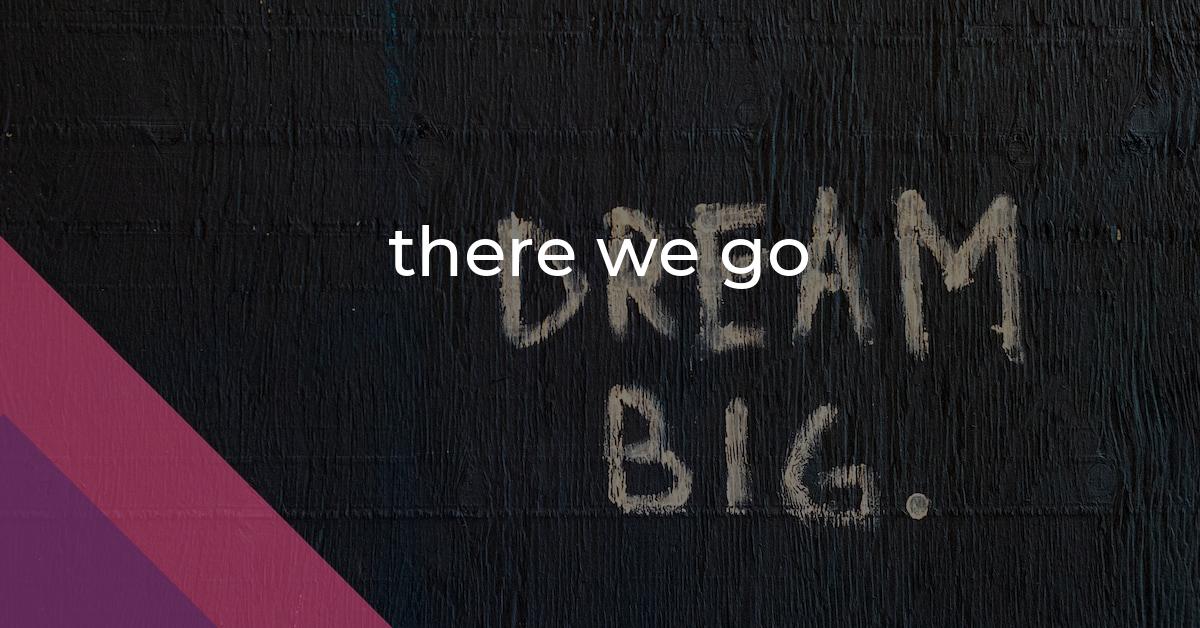there we go: Idiom Meaning and Origin
What does ‘there we go’ mean?
The idiom "there we go" is used to express satisfaction or approval when something goes as planned or expected. It can also be used to signal the start or completion of an action or event.

Idiom Explorer
The idiom "well and good" means that something is satisfactory or acceptable. It is often used to express agreement or approval.
The idiom "up and running" means that something is operational or functioning as expected after being set up or started. It implies that the initial difficulties or obstacles have been overcome and the system or project is now in full operation.
The idiom "under way" means in progress or already started. It is often used to describe a project or event that has begun and is now moving forward. The phrase is derived from the nautical term for a ship that is moving through the water.
The idiom "two thumbs up" means to give a positive or favorable review or approval of something. It is often used to indicate strong support or enthusiasm for a person, idea, or product.
The idiom "turn out" means to have a specific result or outcome, often different from what was expected or predicted.
The idiom "to go" means to leave a place or to travel to a different location. It can also refer to the outcome or result of a situation or event. The exact meaning depends on the context in which it is used.
The idiom "the word is go" means that permission has been given or a decision has been made to proceed with a plan or action. It indicates that the necessary approval or agreement has been obtained.
The idiom "the sun sets on something" means that something is coming to an end or reaching its completion.
The idiom "there you have it" is used to conclude a statement, providing a final and definitive piece of information or evidence to support a claim or argument.
The idiom "there you go" is often used to indicate that something has been understood, completed, or provided. It can also be used to express agreement or approval.
The Elusive Interpretation
"there you go" is another common idiom in English that is closely related to "there we go." It is often used to indicate the completion of a task or the successful accomplishment of something. The phrase can also be used to offer something to someone, such as handing over an object or providing assistance. For example, if someone asks for a pen, you might say, "Here you go," while handing them the pen.
Similarly, "here we go" is an idiom that is often used to indicate the start of something or the beginning of an action or event. It can be used to express excitement, anticipation, or even resignation. For example, if you are about to go on a roller coaster, you might say, "Here we go!" to express your excitement and prepare yourself for the ride.
"the word is go" is a phrase that is often used in various contexts to encourage action or movement. It can be seen as a metaphorical command to start or initiate something. For example, if a race is about to begin, the phrase "The word is go" might be used to signal the start of the race and encourage the participants to start running.
"Here you go" is a phrase that is often used to offer or give something to someone. It is similar to "there you go" but is used when physically hand someone something or present them with an object or item. For example, if a waiter brings you your food at a restaurant, they might say, "Here you go," as they place the plate in front of you.
As with "there we go," these related idioms are commonly used in informal speech and writing. They serve various functions and can be used in different contexts to convey specific meanings or messages. The idioms "there you go," "here we go," "the word is go," and "here you go" all add depth and versatility to the English language, allowing for clearer communication and expression of thoughts and emotions.
Example usage
Examples of how the idiom "there we go" can be used in a sentence:
- He struggled to fix the broken computer, but after a few attempts, he managed to repair it. "There we go!" he exclaimed triumphantly.
- After hours of preparation, the chef plated the dish beautifully. He then presented it to the customer saying, "There we go, your gourmet meal!"
- The car wouldn't start, but after a jump-start from a fellow driver, it finally turned on. "There we go, back on the road," the grateful driver exclaimed.
An analysis of the idiom "there we go" indicates that it is often used to express satisfaction, relief, or accomplishment after successfully completing a task or resolving a problem. The phrase is typically uttered in a celebratory or reassuring manner to acknowledge that progress has been made or a desired outcome has been achieved. It can be used in various contexts, such as fixing a malfunctioning object, completing a challenging project, or resuming a stalled or problematic situation. The idiom often conveys a sense of positivity and optimism, emphasizing the feeling of overcoming obstacles or reaching a desired goal.
More "Phrases" idioms



